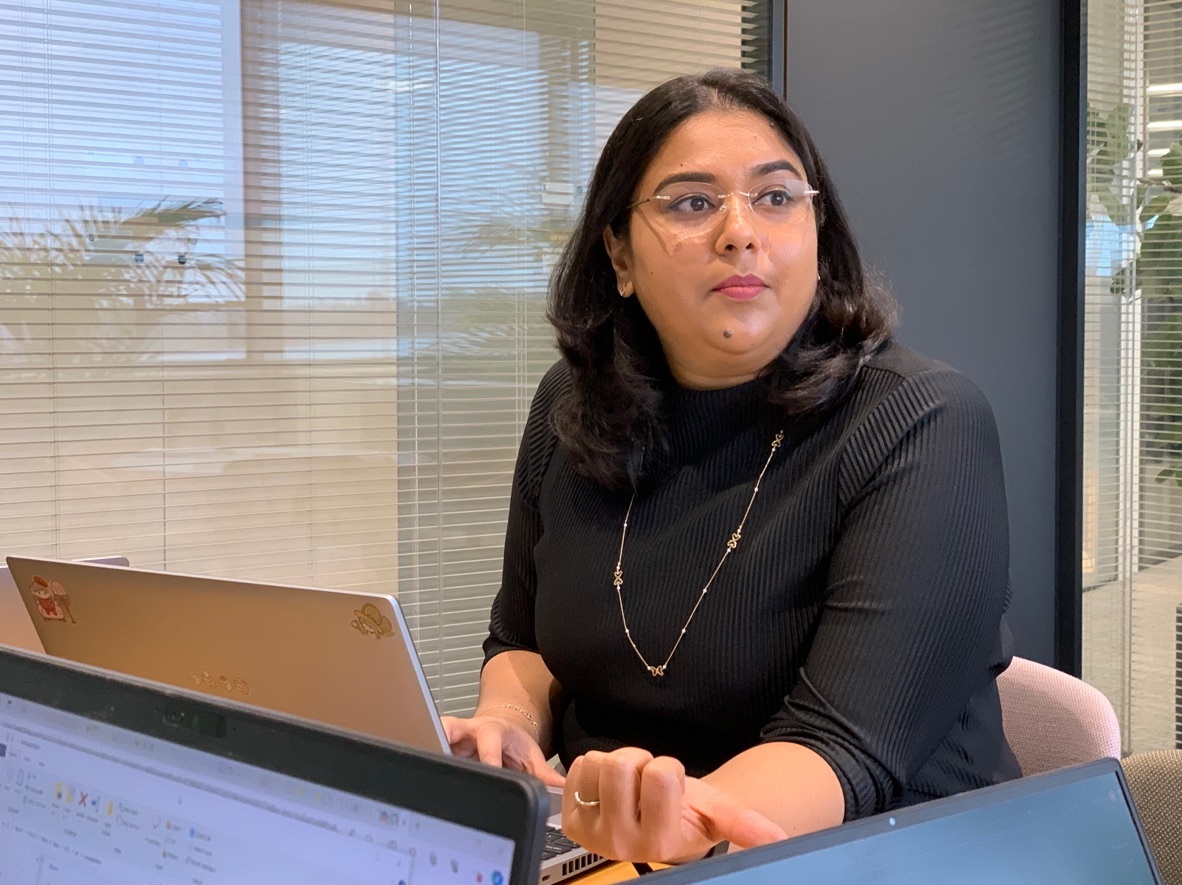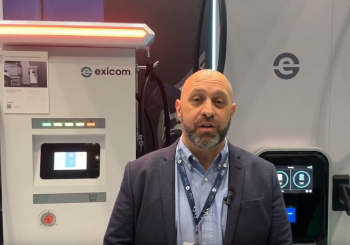A 14-year-old Manjula Balasubramanian started playing with free coding language programs and quickly became hooked. Her curiosity led her to develop a love of coding and to become the first person in her family to attend university.
Manjula was recruited at university to her first engineering job. Interestingly, most of her peers went into IT roles and earned more in their early years than Manjula. But she decided to tread the lesser-known and - at the time - lesser-paid path of electronic engineering due to her childhood passion, which is now in demand and equally well paid.
Women make up 16.5% of all engineers, compared to 10.5% reported in 2010, so there is still some ground to make up. Manjula stressed the importance of introducing engineering early on and has already been introducing her daughter to engineering toys to spark her imagination. “We need to break the stereotype that boys and girls play with different toys now,” she says. “My nine-year-old daughter loves the coding game and circuit board that I’ve given her.”
When it comes to career role models, Manjula cites a senior manager during her time at GE. She recalls how she was “the only woman at leadership level in her company, had her career and children” and inspired Manjula to believe that she could have it all too.
While an interest in engineering is one part of encouraging more women into the sector, Manjula cited that there were particular skills and attributes needed to succeed. Being confident in one's ability and attention to detail are valued, understanding how every decision you make as an engineer may impact the overall product. It’s also important to get on top of technical advances.
The tech industry is so fast-paced that programmes become obsolete straightaway. “Software that I worked with last year will not exist in a couple of years. It changes rapidly and so upskill, upskill, upskill is my advice. There are so many available sources for upskilling such as Udemy and YouTube - you don’t even need to register at a formal institution anymore.”
Manjula had to take a career break due to a move to Paris. She was very aware that it would be difficult to re-enter the professional world if her break took too long, and so after a year, she put her efforts into securing a job in France while juggling the demands of her family. As it transpired, it would be another seven years and a move to the UK - a returner-friendly job market - that led to her landing her present job with Versinetic. “Had I known I would land a great job again in seven years, I would have not felt so much guilt and concern about my prospects and enjoyed Paris more.”
Manjula says that there is still a stereotype in India where in a previous role, managers were reticent to give women important projects or hire them into demanding roles as they felt their focus may be on their families currently or in the future rather than their work. Positively, Magda has not encountered these obstacles or stereotypes at work because of her gender.
Manjula believes that while these perceptions still exist, they are shifting and improving now. “At one point, women had to choose career or family,” she says. Covid has helped with career flexibility that women - often still the main caregivers in a family - need. “They can now consult, and work more flexible hours in engineering than previously,” she continues.
From her own experience in the UK, Manjula now sees a place where females that take career breaks and return to work are now accepted and welcomed back. To this end, she is always very upfront about her seven-year CV gap, wanting to demonstrate to her peers that taking a break is nothing to be ashamed of. She advises anyone in the same position re-entering work to “never give up, keep forging ahead - get a mentor and upskill if you need to; but above all, believe in yourself.”
For young women considering a career in software engineering, Manjula says: “It’s a deeply demanding job and it keeps you on your toes. Every day is different, one day nothing makes sense and the next day, it all falls into place. If you are prepared for the challenges, then go for it!”
It is clear how passionate she is about engineering. “I love that the impossible is at my fingertips, I can create anything with engineering,” Manjula says. “We can imagine and programme everything to do what we want. It’s extraordinary how a simple microprocessor can do so many things - the possibilities fascinate me and keep me going.”





Follow Us On Social Media